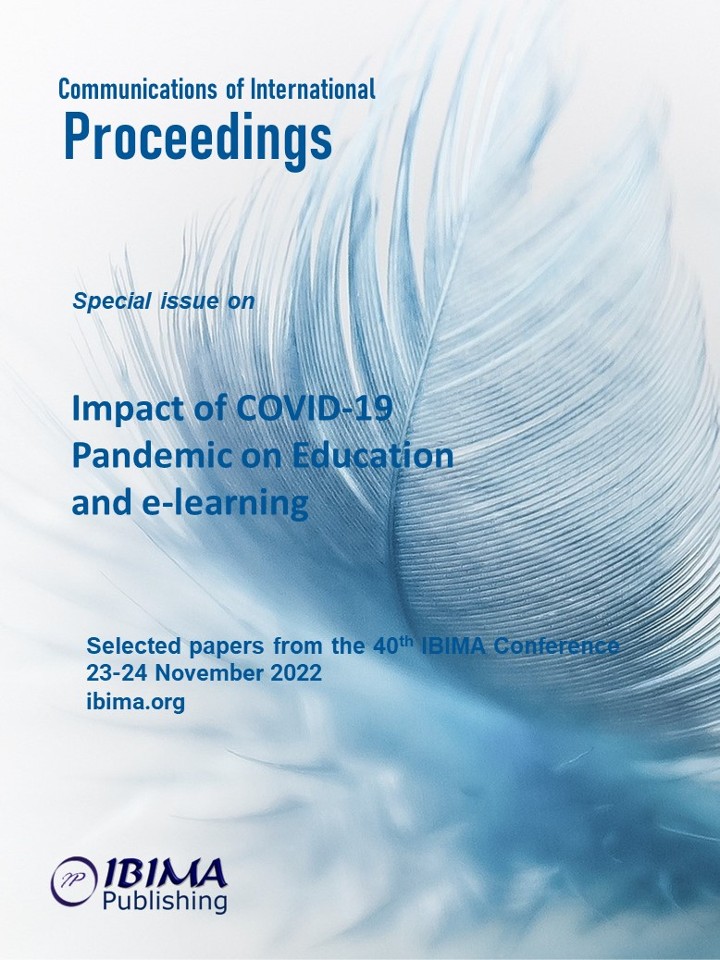
1Sulaiman MOUSELL, 2Jurgita RAUDELIŪNIENĖ and 3 Manuela TVARONAVIČIENĖ
1 Arab International University, Ghabagheb, Syria
2 Business Technologies and Entrepreneurship Department, Vilnius Gediminas Technical University, Vilnius, Lithuania
3 General Jonas Žemaitis Military Academy of Lithuania, Vilnius, Lithuania; Business Technologies and Entrepreneurship
Department, Vilnius Gediminas Technical University, Vilnius, Lithuania

Coronavirus disease 2019 (COVID-19) has affected the educational environment globally because of social distancing, selfisolation, and quarantine regime requirements to prevent the epidemic’s spread. Higher education institutions have faced many digitalization challenges of human and technological nature in a short period. The transformational processes from traditional face-to-face teaching into distance learning require the implementation of sustainable development measures in higher education institutions, as the direction and progress of the society highly depend on educational outcomes. This study aimed to analyze the digitalization challenges for sustainable development at Syrian higher education institutions from students’ perspectives during COVID-19. Scientific literature analysis, Syrian distance learning case analysis during COVID- 19, and higher education institutions students’ survey (structured questionnaire) were used to identify the main problem areas in distance learning sustainability. Research results uncovered a central problem with the Syrian educational system that lies in its weak technological infrastructure and the necessity of quality assurance on the teaching materials and e-content. Additionally, this study has demonstrated that the main problems that Syrian students have faced in distance learning during COVID-19 were national (weak internet connection and lack of housing for distance learning) and institutional nature (lack of training on how to use the learning management system, technical assistance, and counseling and academic support). Hence, Syrian public and private universities should properly guide and support students with sustainable educational infrastructure (ICT infrastructure and software package, learning management system) to succeed in distance learning. The sustainable development goal of providing quality education will be undermined if these concerns remain unsolved.